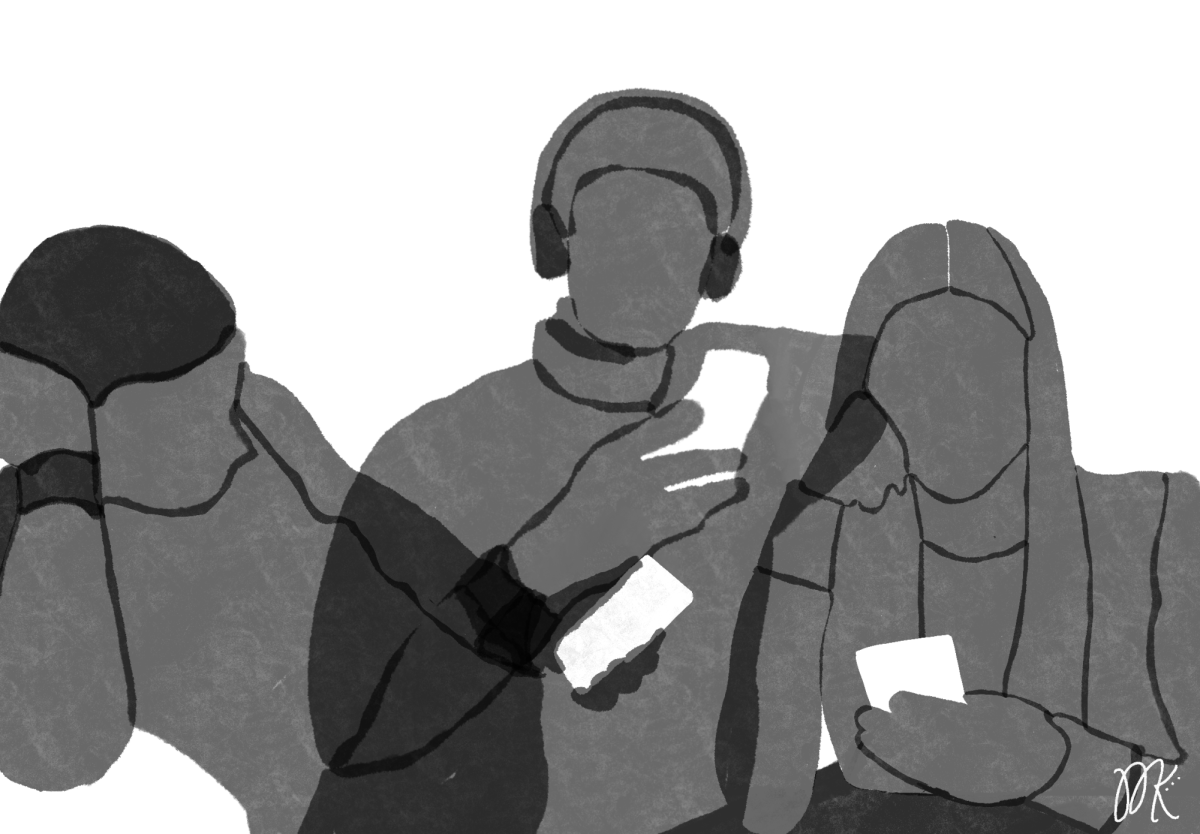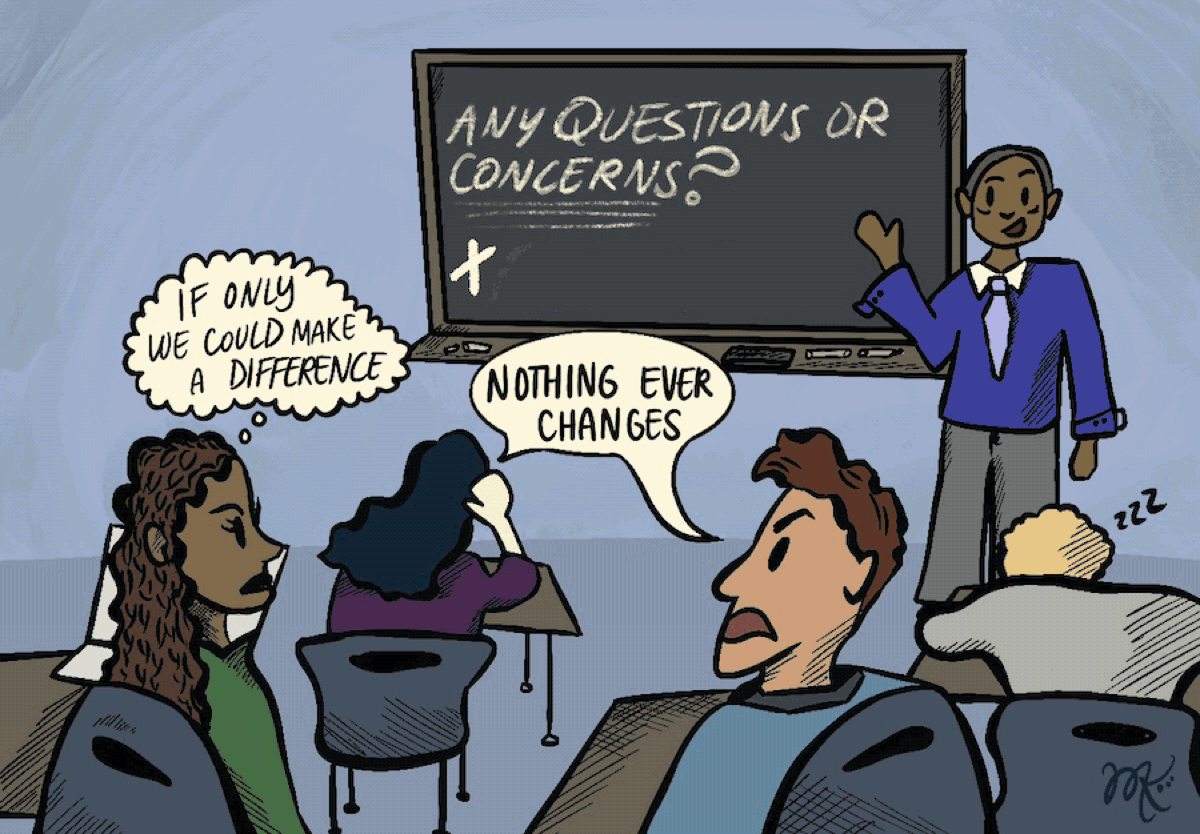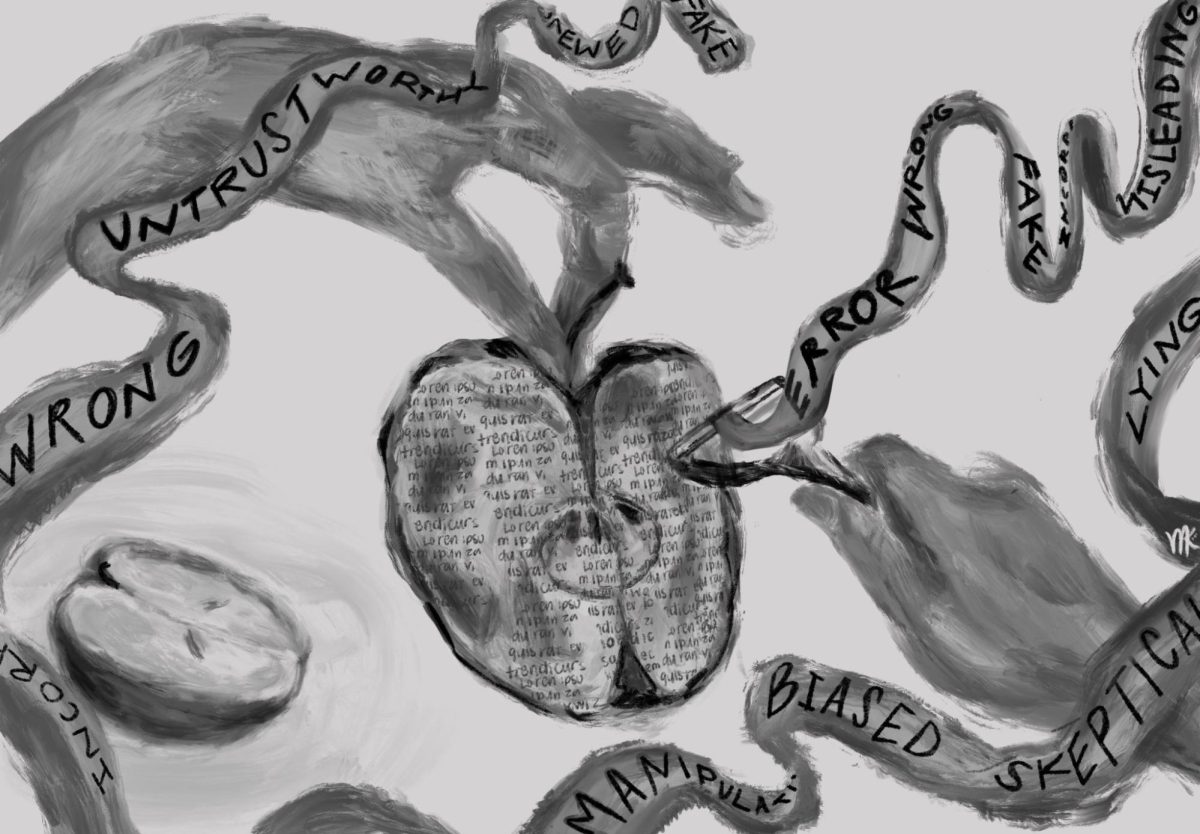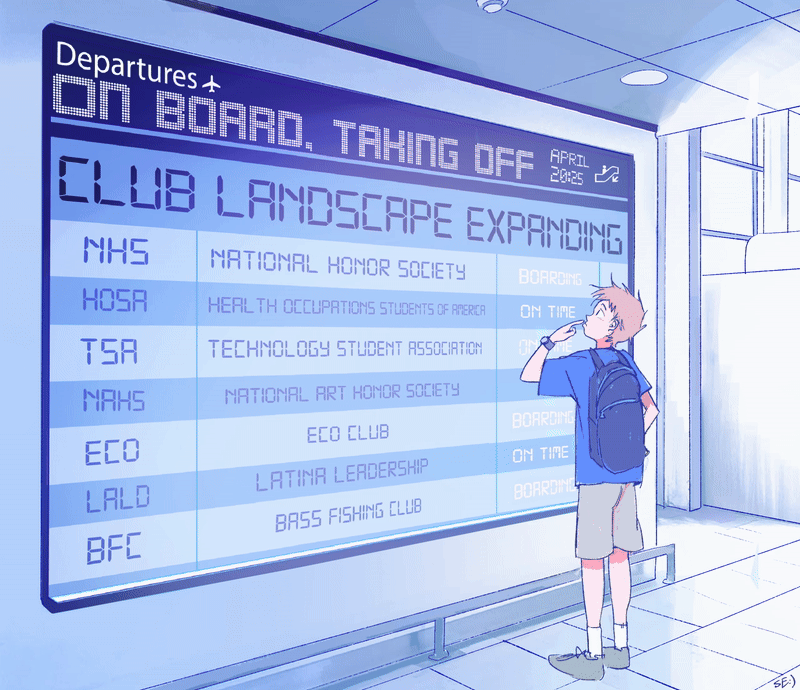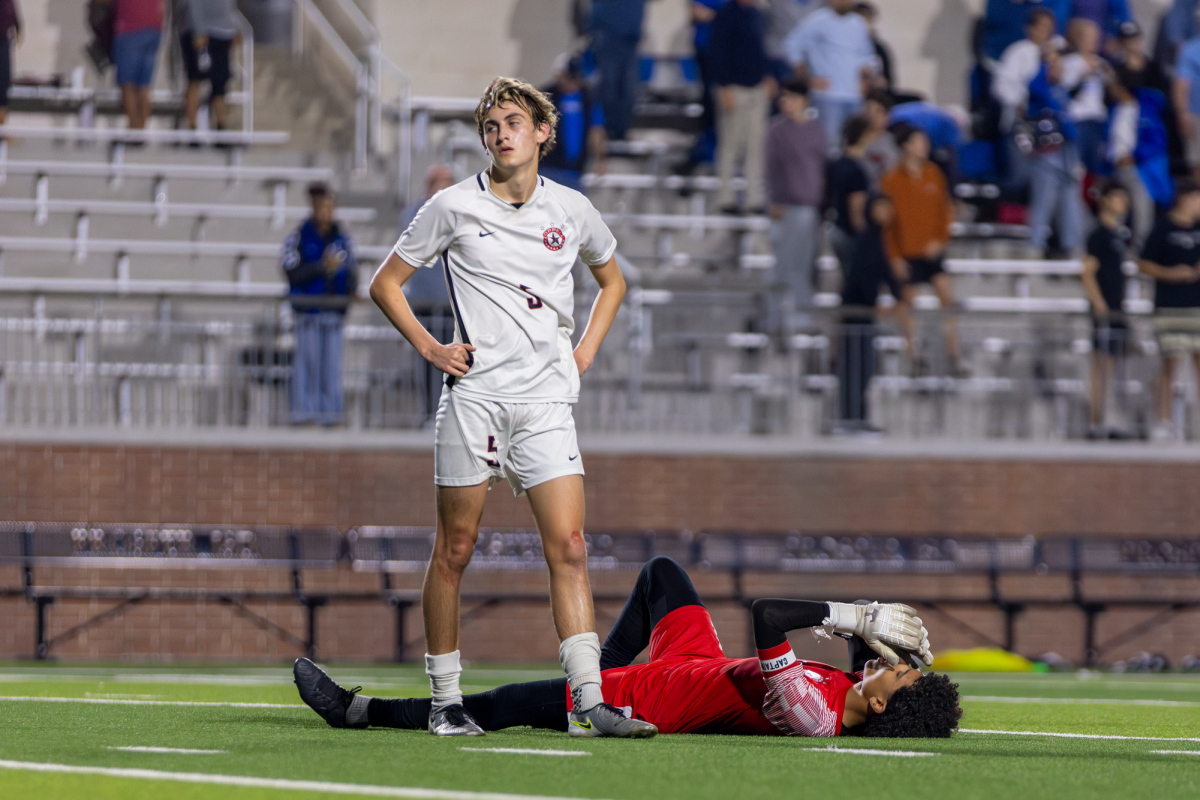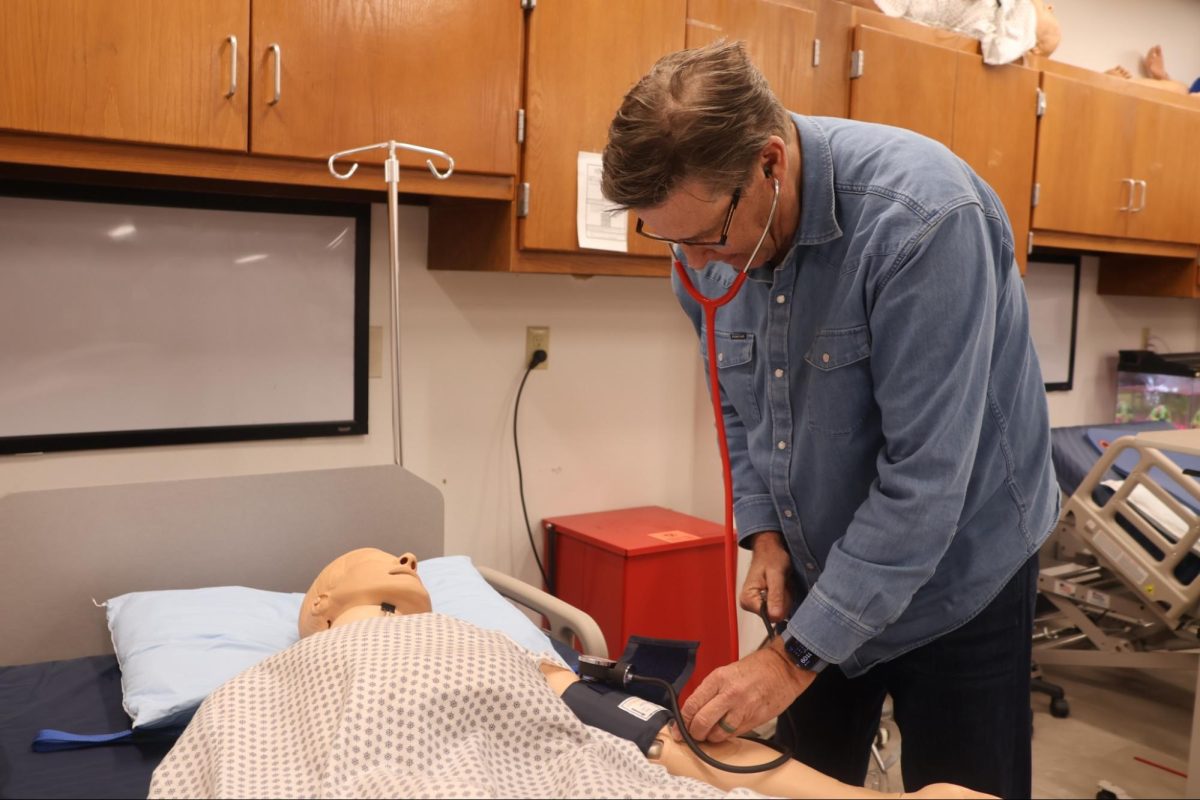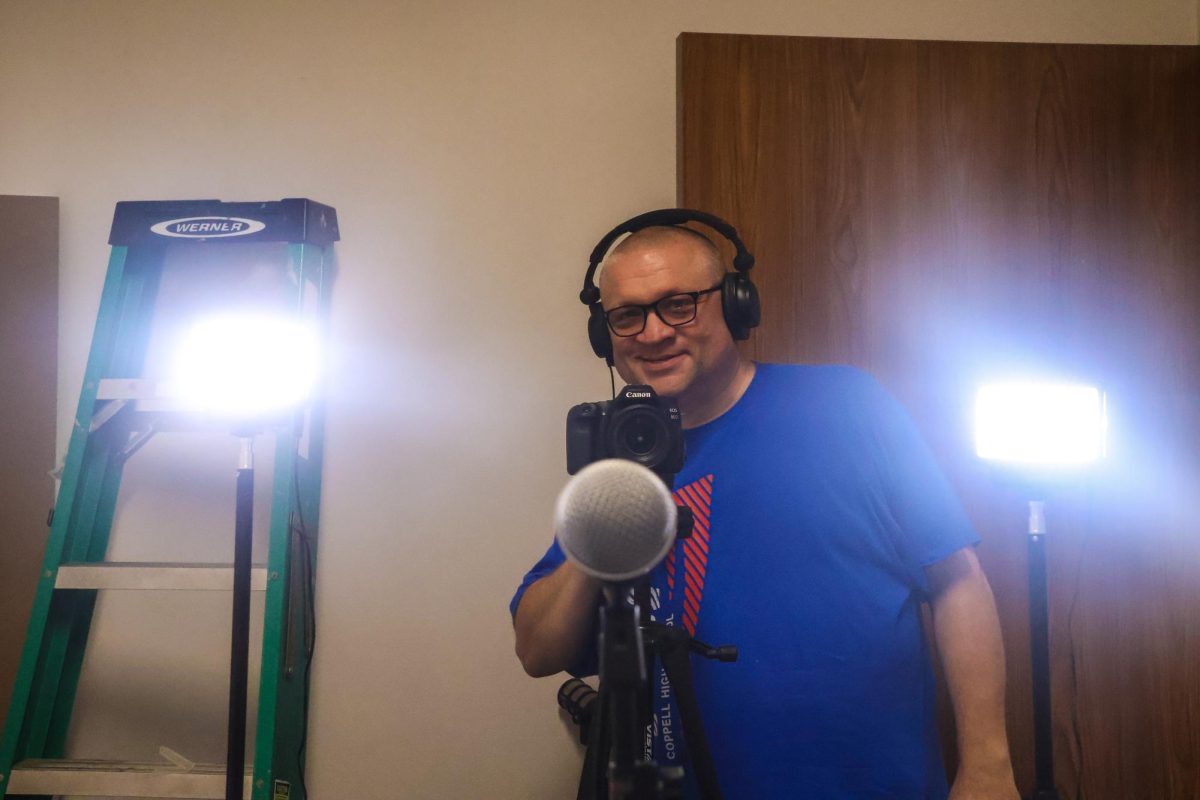Inside every classroom in Coppell High School, a blue and yellow fixture of 36 pockets clings to the wall. Each pocket requests a student’s phone for the duration of that class period. This year, the pockets summon the phones more than ever.
For the 2024-25 school year, CHS has a new phone policy requiring students to put their phones away during their classes. This policy was set in place to encourage students to pay attention to learning without a phone to distract them.
The idea behind this policy is students will focus and absorb content more efficiently without the misuse of phones in classes, yet this is not the case for some students.
Taking away a phone will not incentivize someone who does not intend to learn in the first place.
Restricting phone access in class also removes a degree of trust between students and teachers, especially in college level courses such as AP or IB classes. In these rigorous courses, it creates an imbalance of responsibilities when they are not given college-level privileges.
This policy sends the message that students cannot focus on anything else if their phone is within their grasp. If we restrict students from phone usage entirely, they will likely never learn how to manage distractions, harming them later on.
Learning impulse control is pivotal to being able to focus. If students can resist using their phones in class while still having access, they can build their stamina and concentration skills, increasing their cognitive abilities.
This poses an issue in cases when students go to college without possessing the practice of self-restriction. Professors will rarely have a series of phone pockets at the side of a lecture hall, so how can a student focus with their phone next to them if they never learned self control earlier in their education?
If you look at an office setting, you will notice that the majority of people are using their phones. However, rather than scrolling through social media, they are using their phones to send emails, create accessible schedules, and quickly fact check information.
In a modern working society, a cell phone serves as a tool, rather than a distraction. Even teachers in high school classrooms utilize their phones.
It is important to teach students productive ways to use a phone, rather than dubbing it as a harmful thing that should be banned. Effective ways to use a phone in class can help students concentrate further as the phone works with them, not against them.
This ideology can be applied in communication and media careers and technical education classes such as The Sidekick, KCBY-TV and Round Up. These classes heavily rely on reporting, interviews and social media, all of which are often more conveniently done through a phone.
Career and Technical Education programs associated with jobs that have a heavy focus on communications and media could implement optional phone usages by asking teachers or advisors for permission for class purposes. This gives students a break from their phone while learning to use it responsibly.
Consequences for irresponsible phone use should be retroactive, such as taking a phone away when it is used irresponsibly rather than banning all phones entirely.
Giving students this privilege establishes more trust between a student and teacher while still giving students a specific standard to hold themselves accountable.



